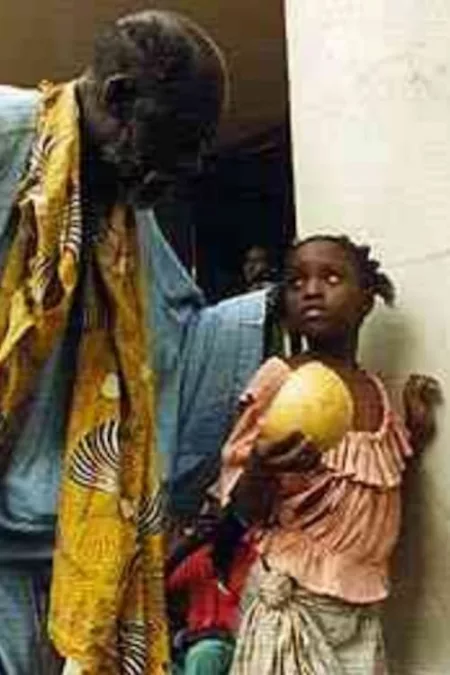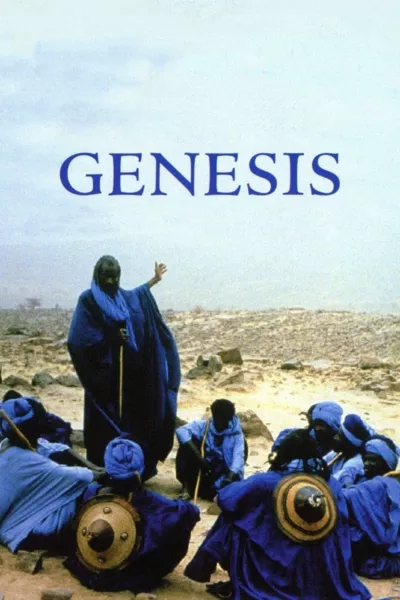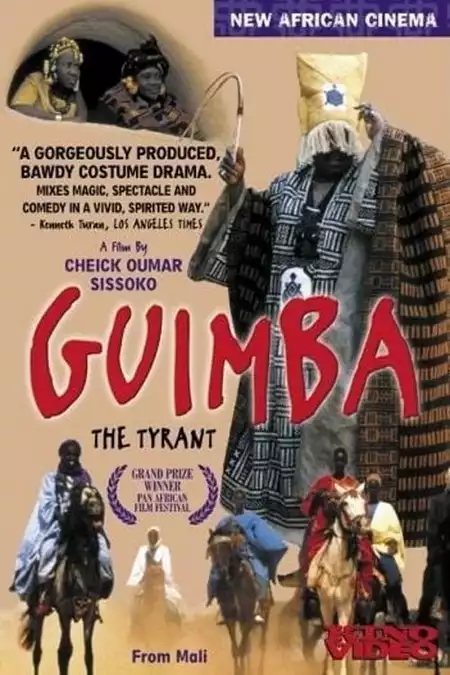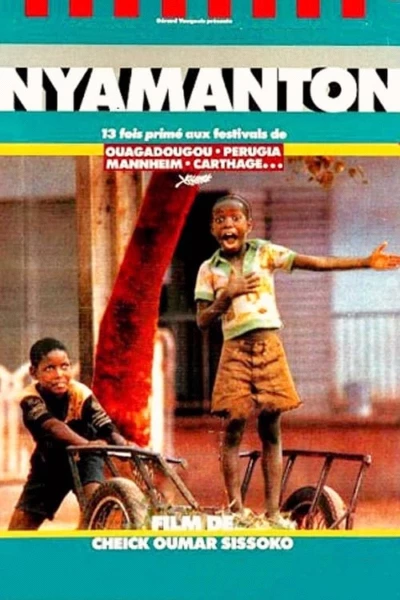Biography
(No Information)
Filmography
all 5
Movies 5
Director 5
Director

Bàttu (2000)
Movie
Director

Genesis (1999)
Movie
Director

Guimba the Tyrant (1996)
Movie
Director

A Dance for Heroes (1989)
Movie
Information
Known ForDirecting
GenderMale
Birthday1945-01-01 (80 years old)
Birth PlaceSan, Mali
CitizenshipsMali
AwardsStallion of Yennenga, Prince Claus Award
This article uses material from Wikipedia.
Last updated:
 Cheick Oumar Sissoko
Cheick Oumar Sissoko- Filmography
- Information
- Related Persons


 ,
,